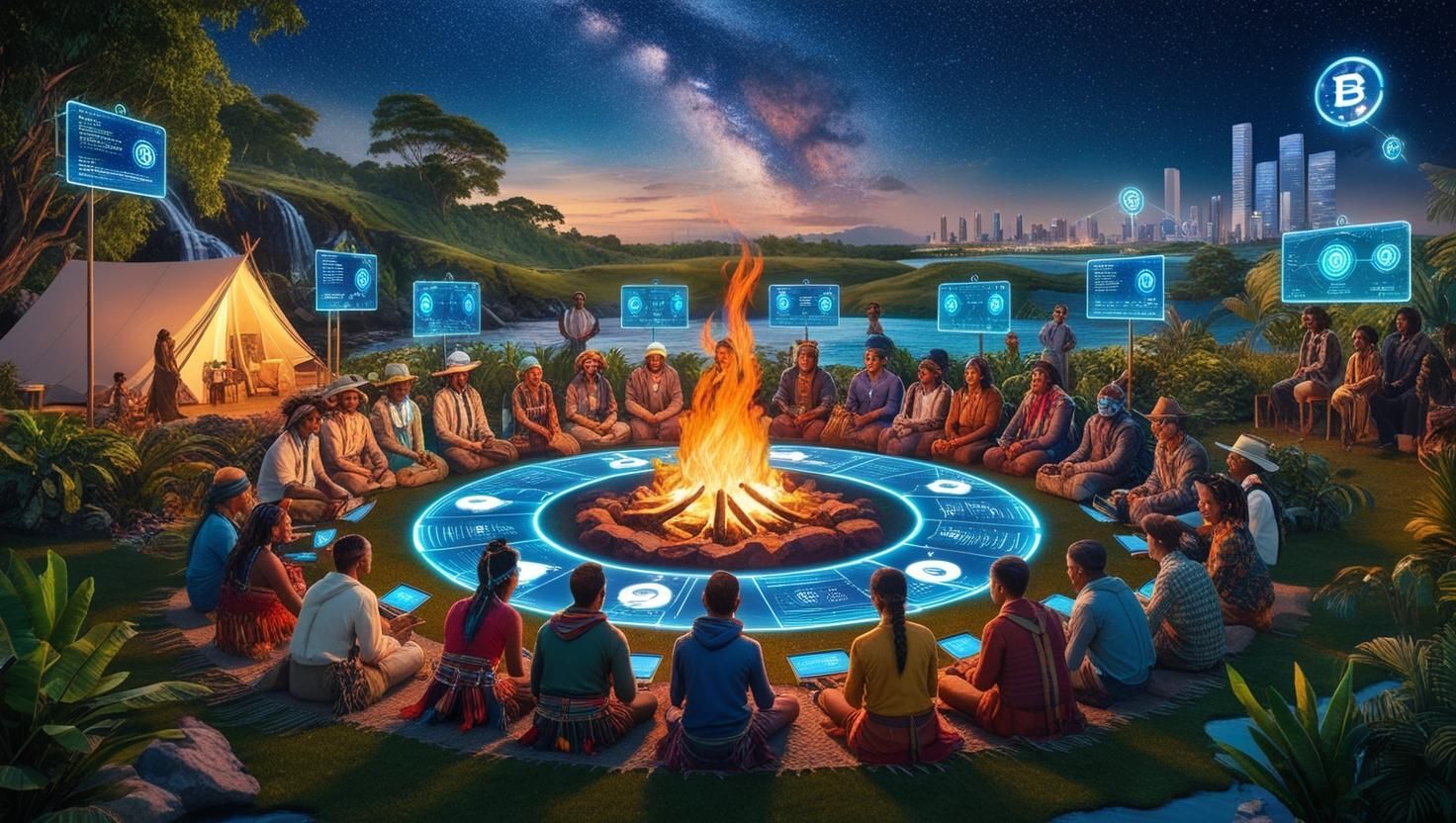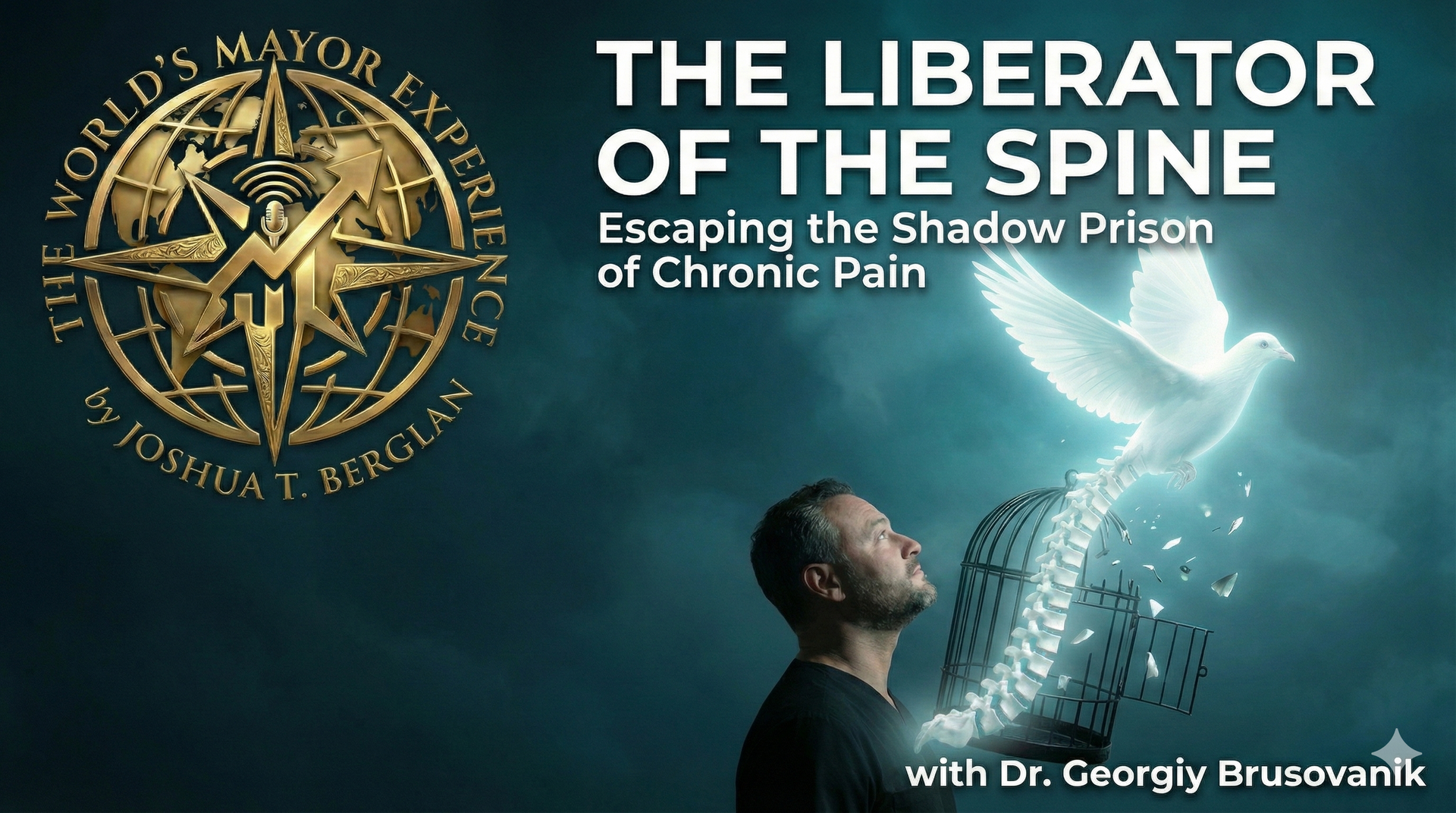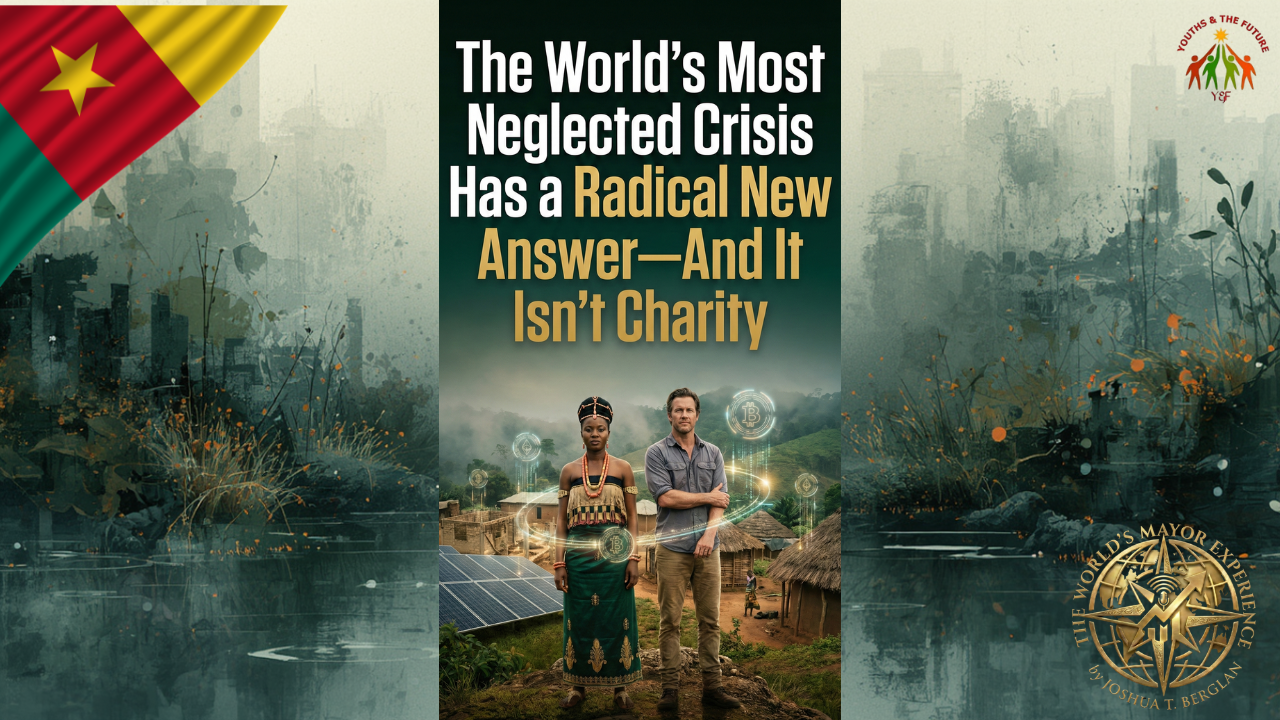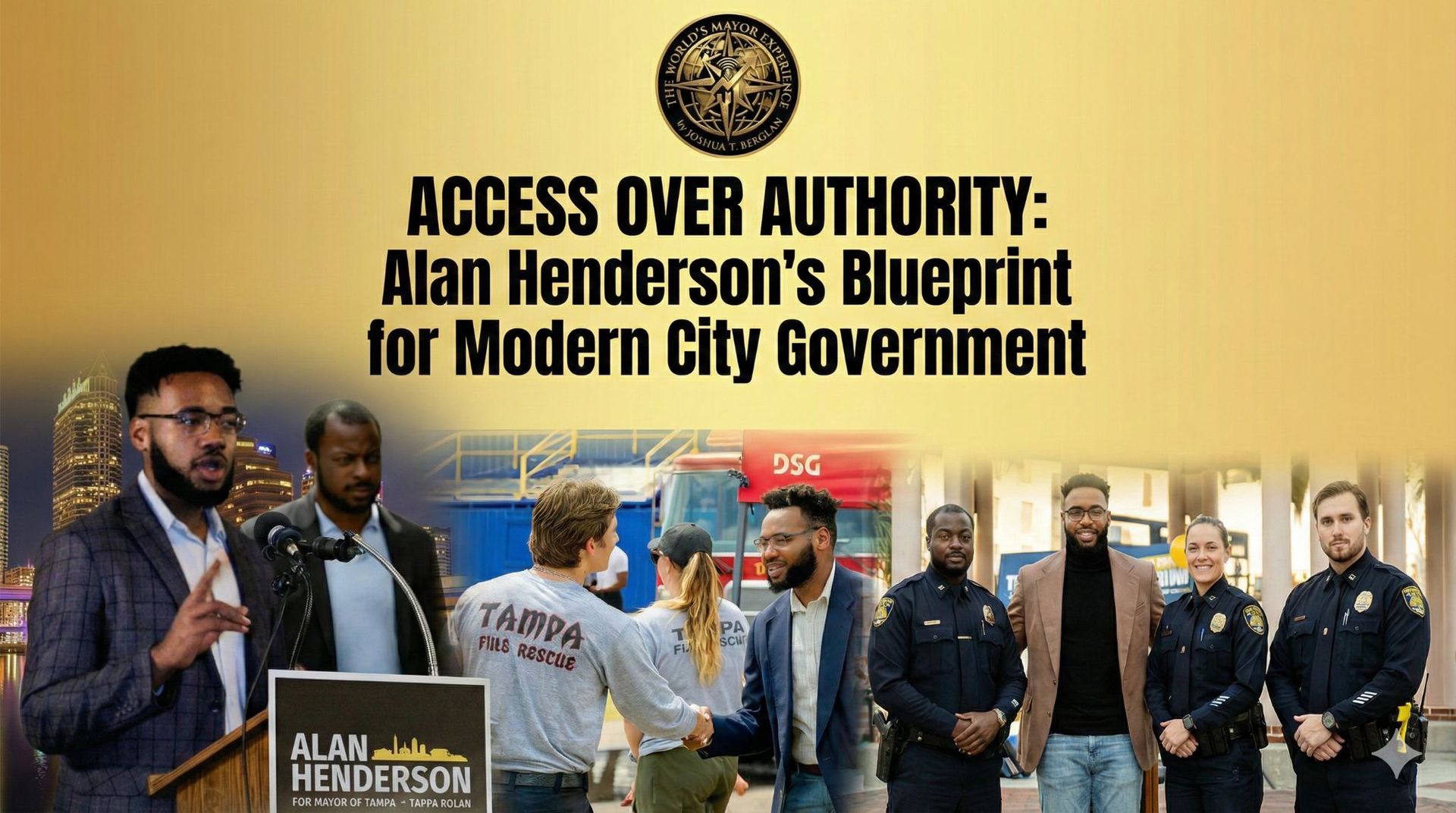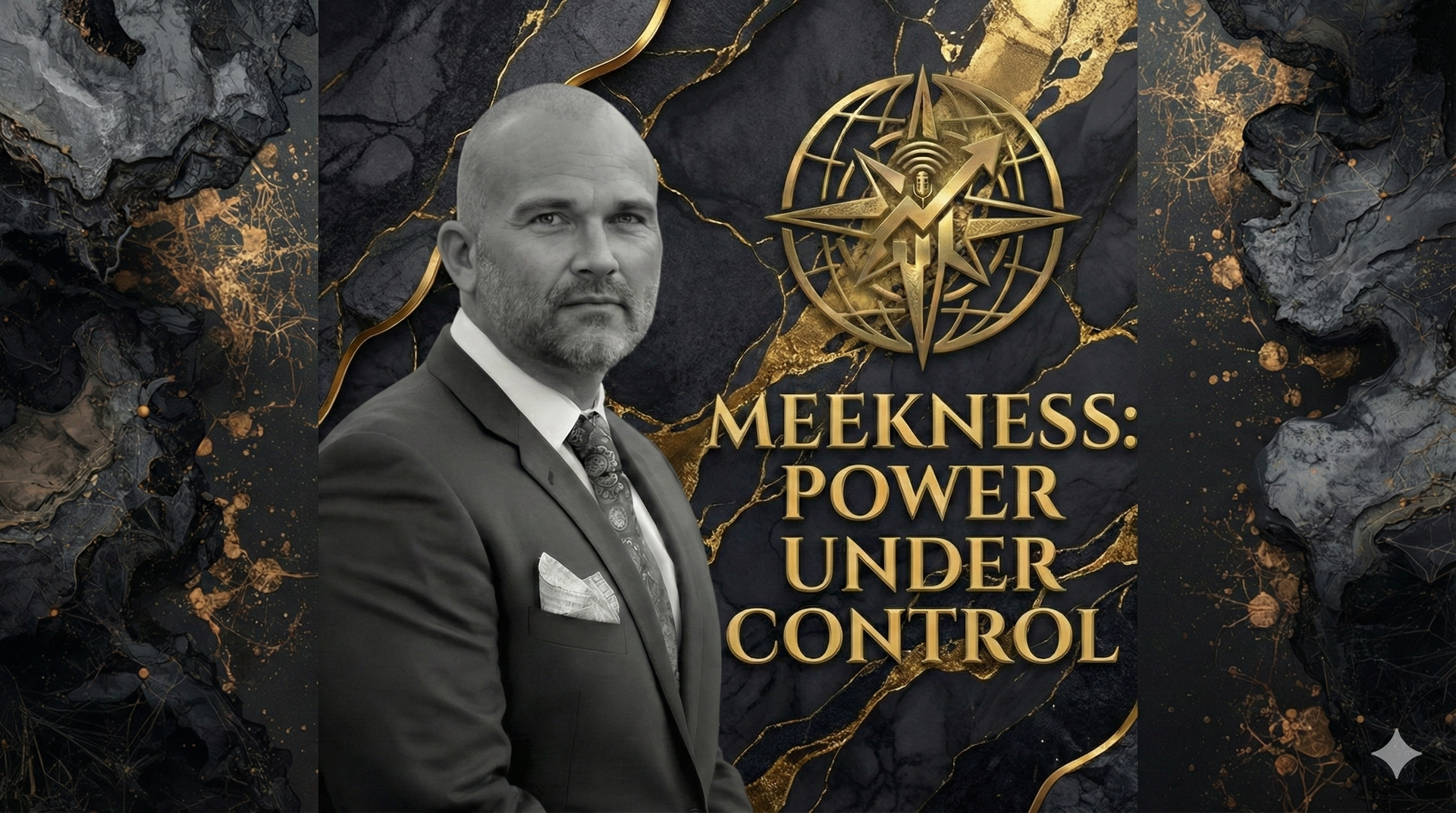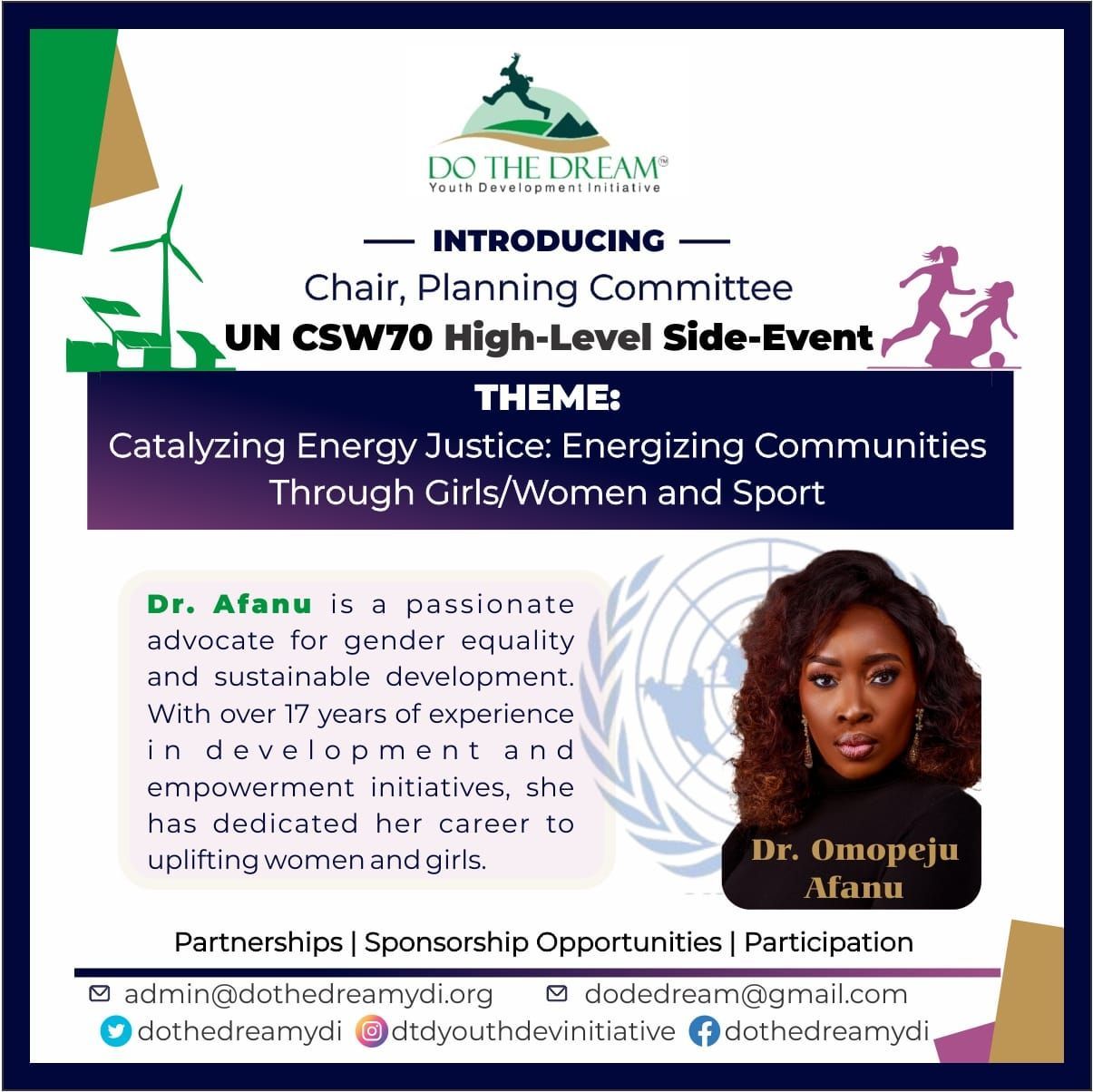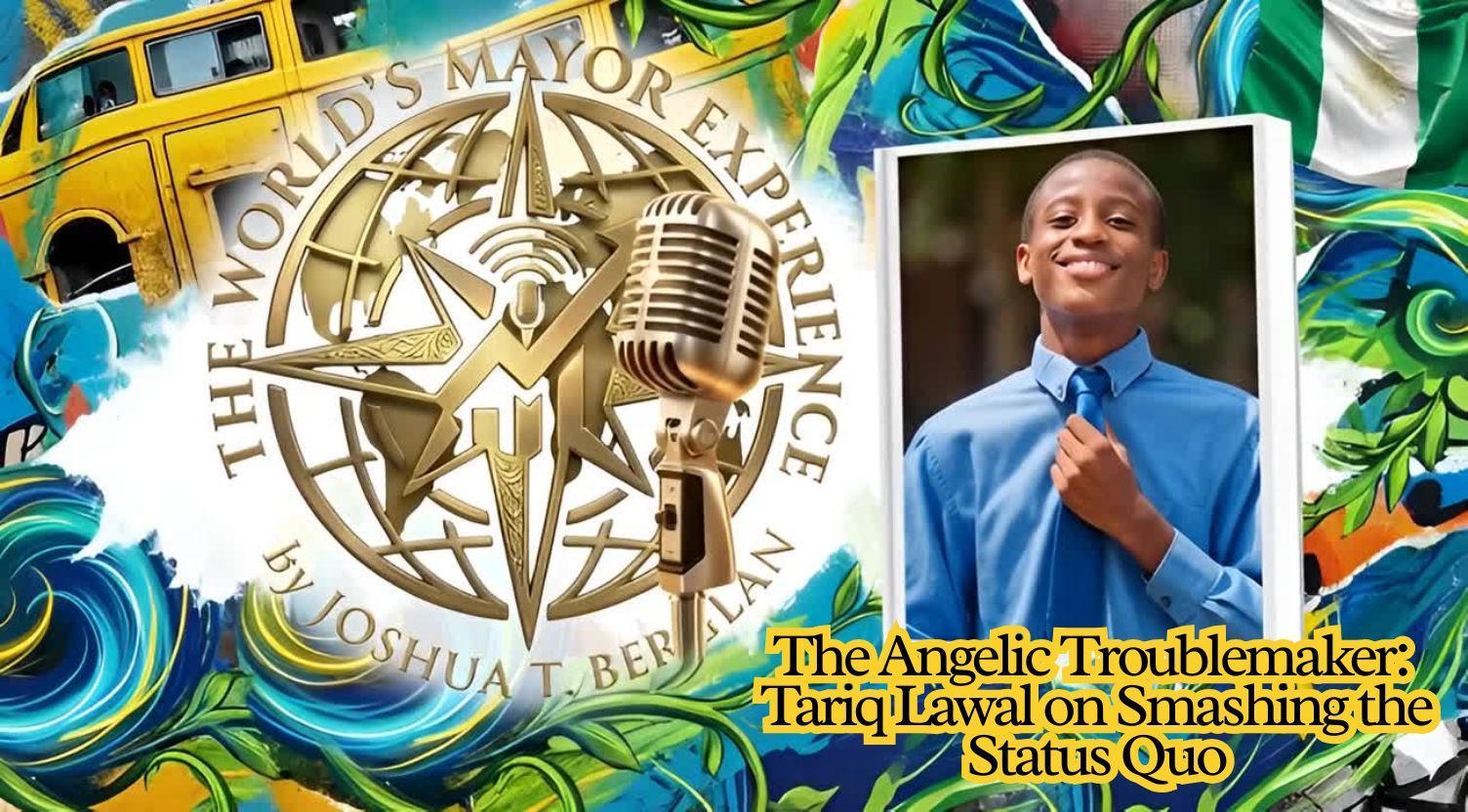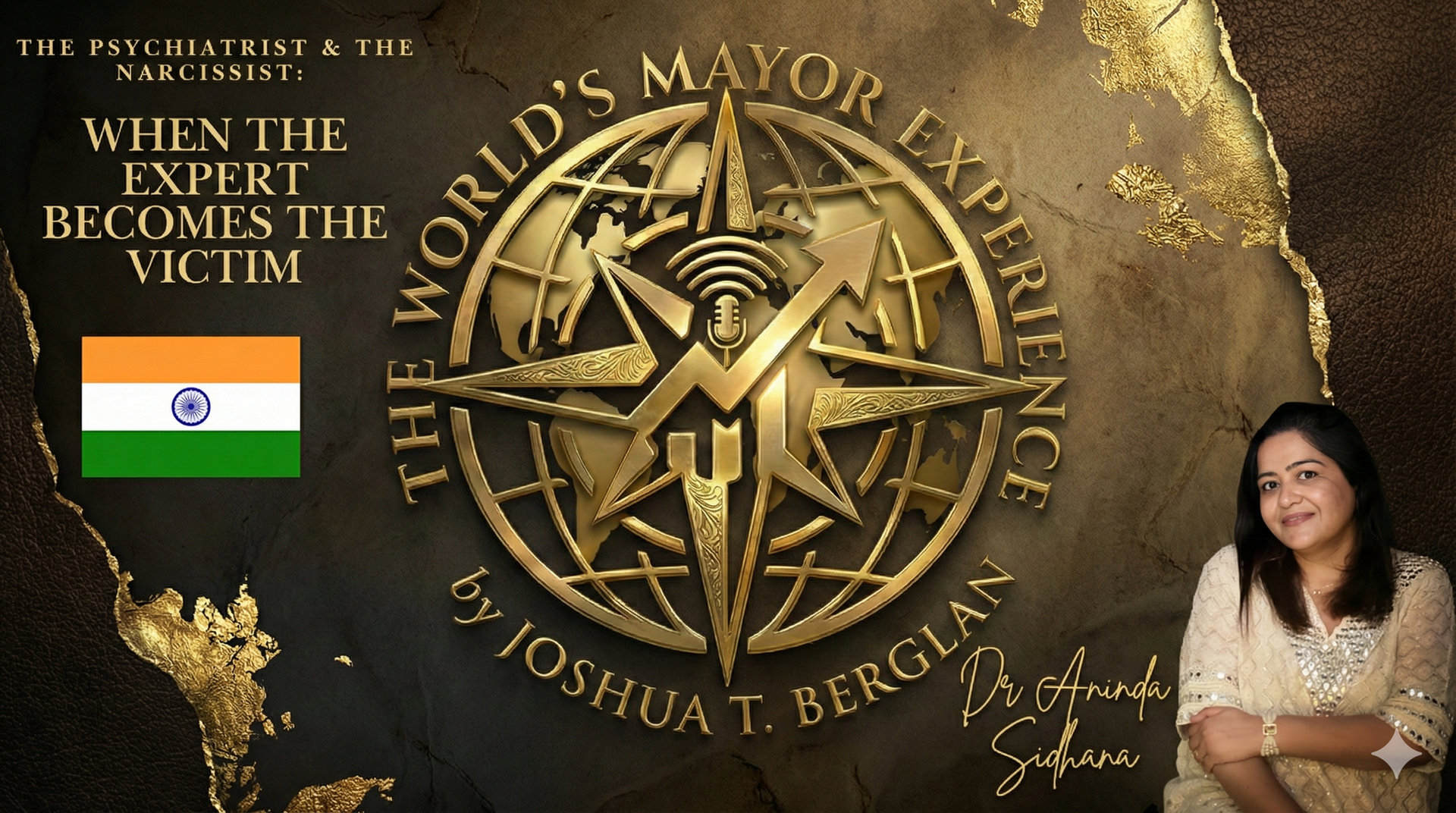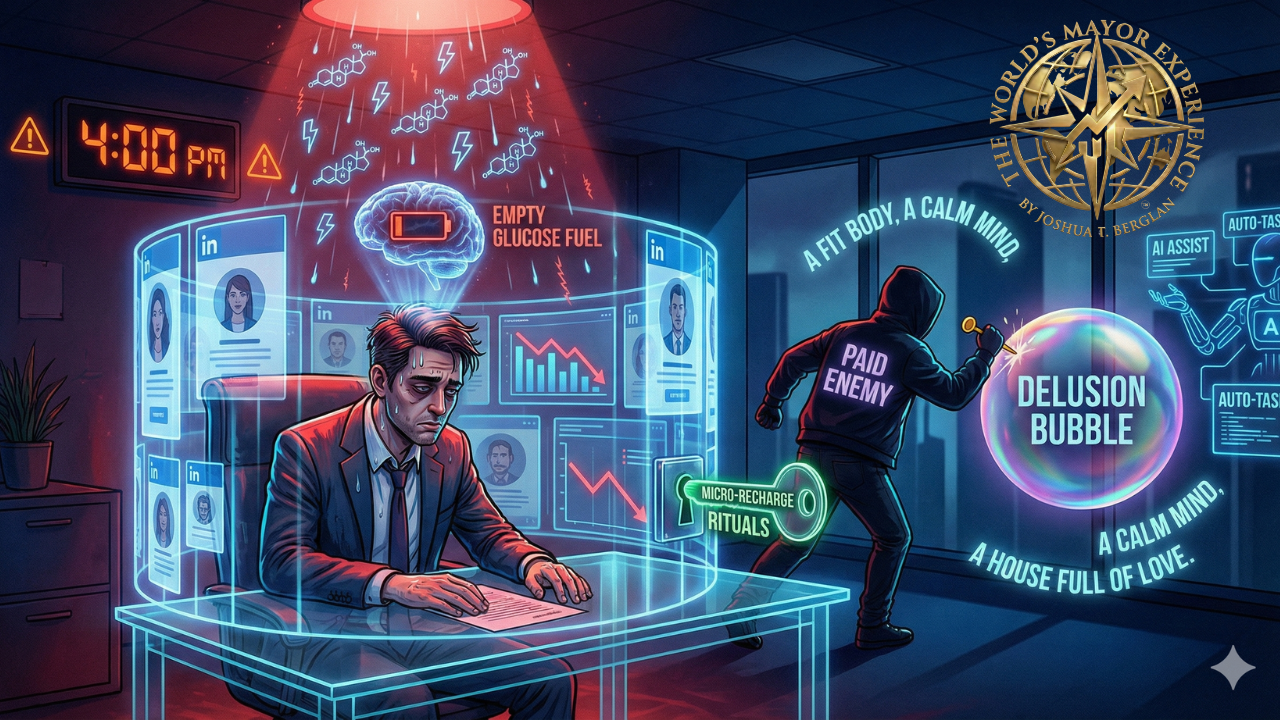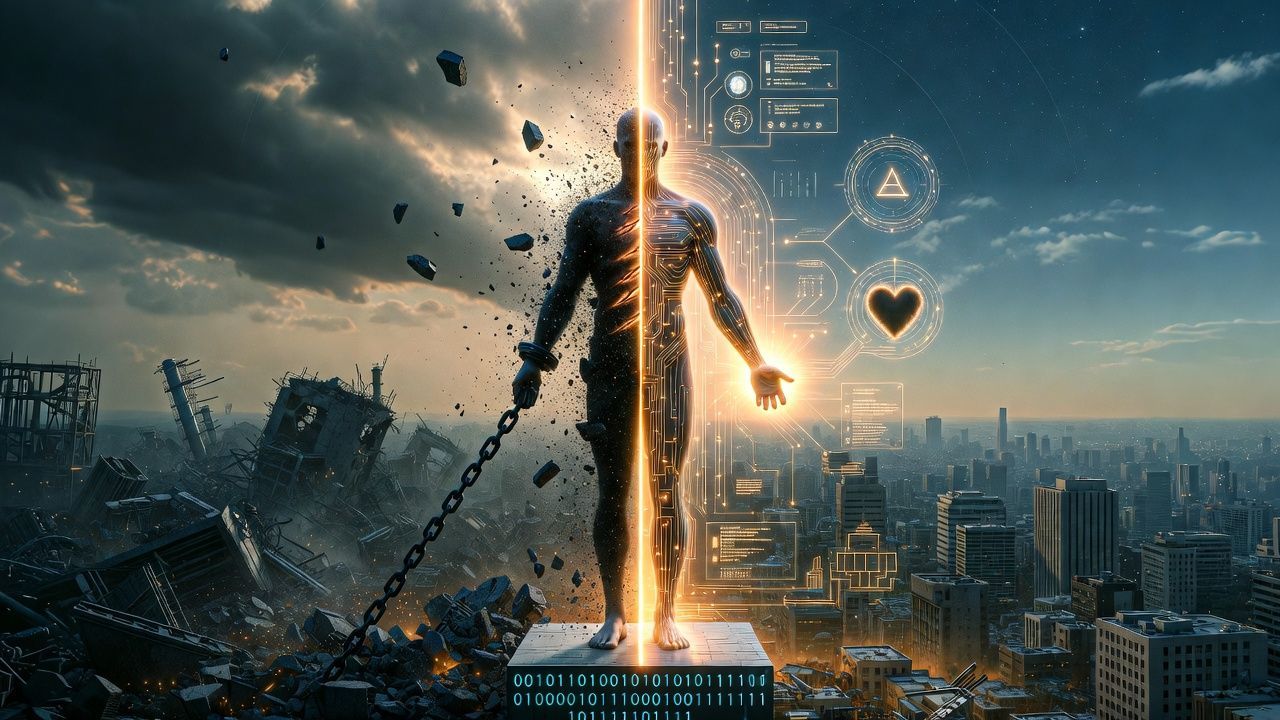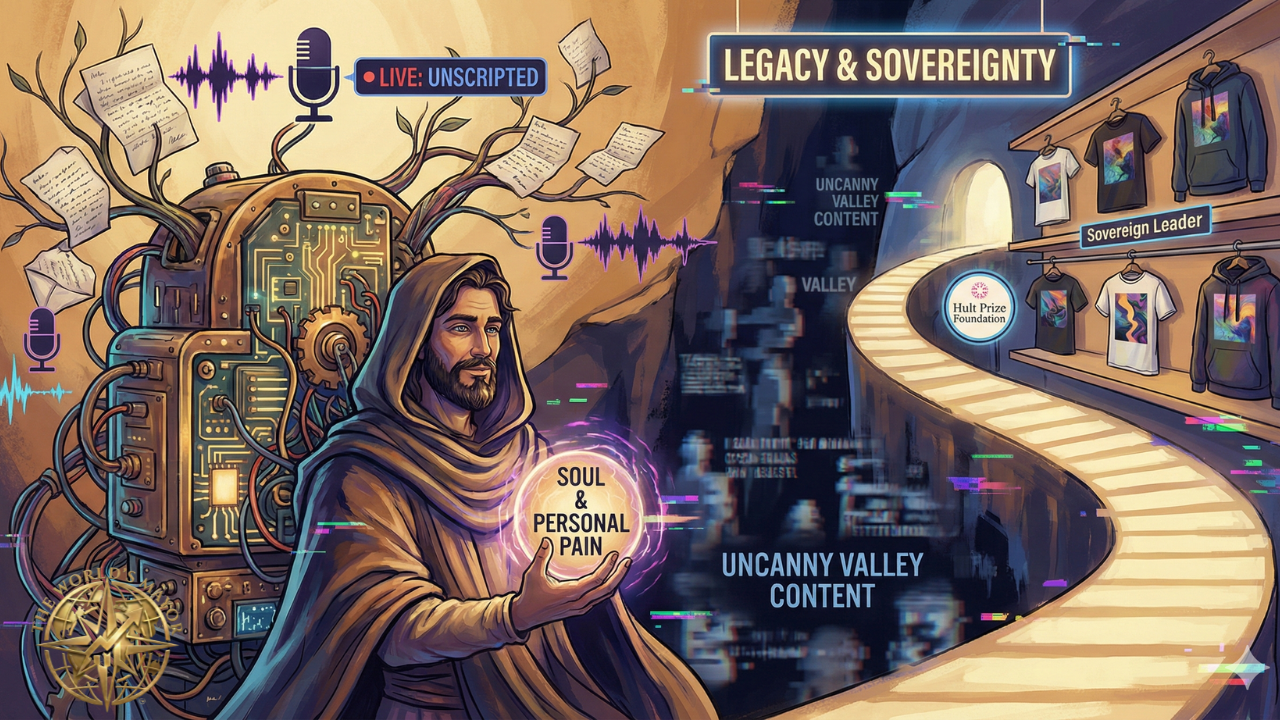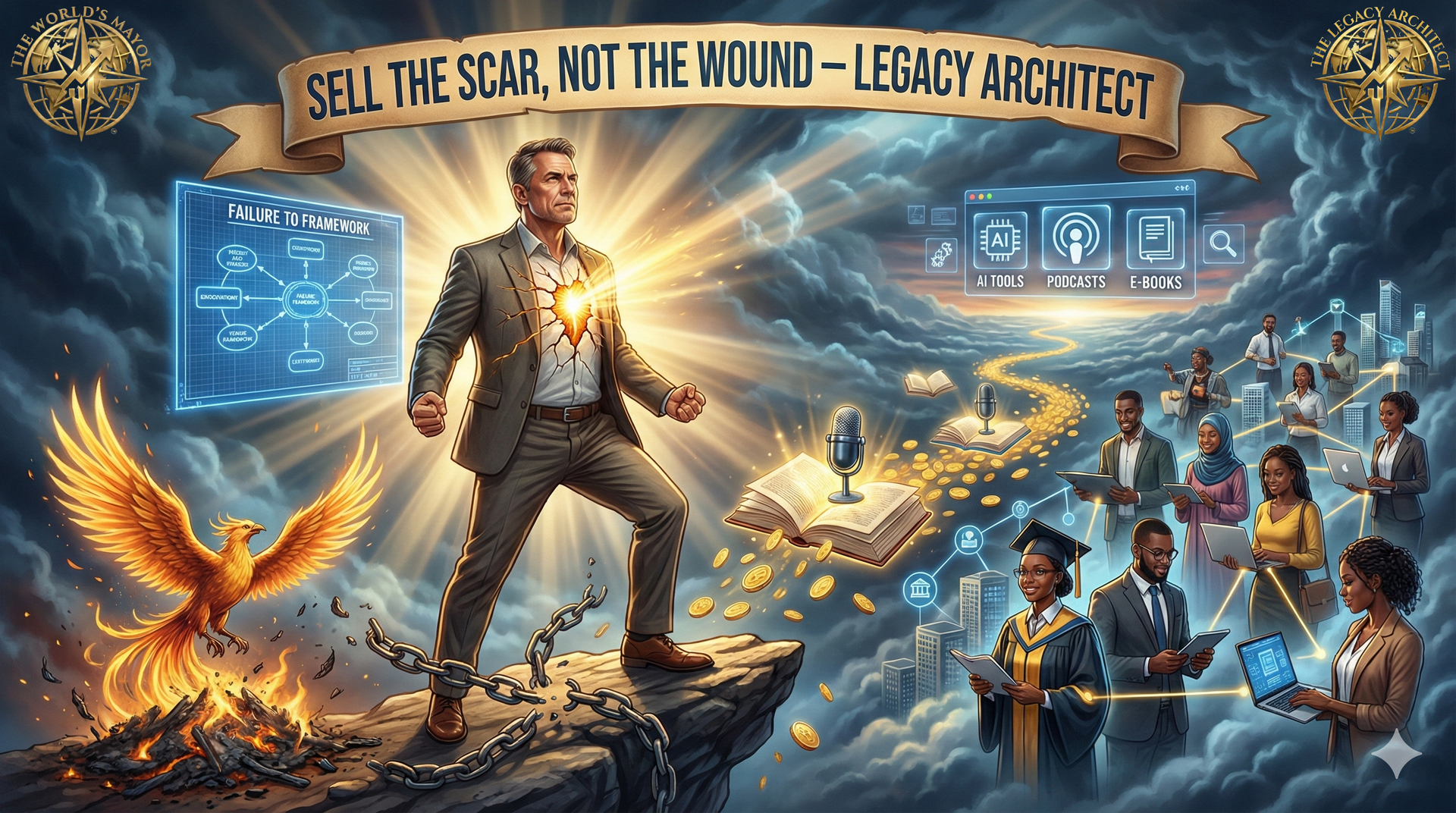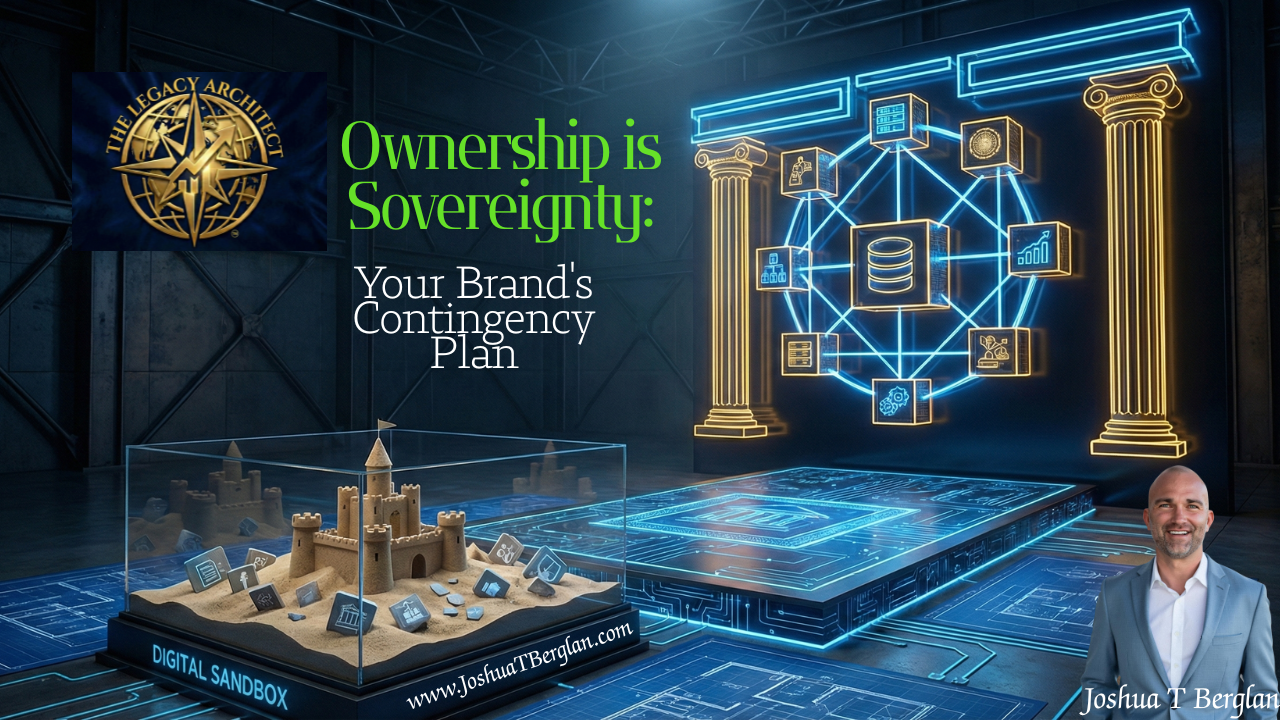By Joshua T. Berglan, The World’s Mayor
As someone who has navigated personal transformation, overcome adversity, and dedicated my life to amplifying voices that inspire change, the United Nations Economist Network’s Governance Futures: Key Insights and Policy Implications
(April 2025) policy brief resonates deeply with my mission to foster unity, resilience, and hope in a fractured world. This report, rooted in strategic foresight, paints a vivid picture of where global, national, and local governance could be headed by 2040. It challenges us to rethink how we govern, adapt to rapid change, and ensure inclusivity in an era of uncertainty. Through my lens as an advocate for the marginalized, a storyteller, and a believer in the power of collective action, I’ll explore the key questions posed by the brief: What could governance look like in 2040? How will drivers of change shape it? And what innovative models could address global challenges? Let’s dive into this journey with hope, courage, and a commitment to a better future.
Governance in 2040: A Crossroads of Possibility
The policy brief underscores that governance systems are at an inflection point. Designed for 20th-century challenges, they struggle to address the volatile, uncertain, complex, and ambiguous (VUCA) world of the 21st century. As someone who has experienced the disconnect between institutional systems and human needs—whether through my struggles with addiction, HIV advocacy, or media work—I see this as a call to reimagine governance as a living, breathing framework that serves people first.
By 2040, governance could take many forms, as outlined in the brief’s eight scenarios, split between baseline
(incremental change) and radical
(transformative or disruptive shifts). The baseline scenarios—Minimal Multilateralism, Digital Governance with Persistent Inequalities, The Great Withdrawal, and The Rise of Non-State Actors—depict a world where slow adaptation leads to fragmentation. Nations prioritize regional alliances over global cooperation, digital divides widen, trust in institutions erodes, and non-state actors like corporations and NGOs fill governance gaps. These scenarios feel all too familiar, reflecting the polarization and distrust I’ve witnessed in communities worldwide.
In contrast, the radical scenarios offer hope and warning. An AI-Driven Global Dystopia
envisions authoritarian control and inequality fueled by unchecked technology, a chilling prospect for someone who has seen how power imbalances silence the vulnerable. Yet, Global Governance for Climate Change Solutions
imagines AI and local innovation uniting nations to tackle existential threats. AI-Augmented Deliberative Democracy
could empower citizens through transparent, inclusive decision-making, while Participatory Renaissance
envisions grassroots movements reshaping governance. However, risks like Chaos
from social unrest or Failed States
due to non-state actors exploiting weak systems remind us that transformation isn’t guaranteed to be positive.
For me, the desirable future aligns with Inclusive Decentralized Governance
and Participatory Renaissance. These models empower local communities, amplify marginalized voices, and leverage technology for equity—values I’ve championed through my work with the Live Mana Network and advocacy for the disenfranchised. By 2040, I envision governance that mirrors a global campfire: diverse voices gathered in a circle, each contributing to decisions that honor human dignity, cultural richness, and planetary health.
Drivers of Change: Forces Shaping Tomorrow
The brief identifies four major forces shaping governance: geopolitical dynamics, technological advancements, shifts in social behavior, and the rise of non-state actors. These drivers resonate with my experiences navigating a world of rapid change.
Geopolitical Dynamics:
The decline in trust toward institutions like the UN, coupled with the rise of the Global South and alliances like BRICS, signals a shift toward multipolarity. As someone who has worked to bridge divides, I see this as an opportunity for more equitable global governance, but only if the Global South’s voices are truly heard. The brief warns of fragmentation without universal multilateralism—a risk I’ve seen in communities where division festers without dialogue.
Technological Advancements:
AI, blockchain, and digital platforms are reshaping governance faster than institutions can adapt. As a media creator, I’ve harnessed technology to amplify stories, but I’ve also seen its dark side—misinformation, surveillance, and exclusion. The brief’s scenarios of AI-Augmented Deliberative Democracy
versus AI-Driven Authoritarianism
highlight the stakes. Technology must serve people, not control them, with robust regulations ensuring inclusivity.
Shifts in Social Behavior:
Declining trust, polarization, and the “Great Withdrawal” reflect a strained social contract. My journey from isolation to advocacy taught me that trust is rebuilt through authentic connection. The Participatory Renaissance
scenario, where citizens engage through grassroots platforms, aligns with my belief in empowering individuals to co-create solutions.
Rise of Non-State Actors:
From tech giants to local NGOs, non-state actors are stepping into governance voids. As someone who has collaborated with grassroots organizations, I see their potential to drive change, but the risk of unaccountable power—whether from corporations or criminal groups—looms large. The brief’s call for decentralized governance with accountability mirrors my vision of communities leading with integrity.
These drivers are interconnected, as the brief’s network analysis shows. Climate change, for instance, fuels migration and resource conflicts, impacting geopolitics and social trust. As an advocate, I believe governance must address these interlinkages holistically, prioritizing human rights, sustainability, and inclusion.
Innovative Governance Models: Solutions for a Fractured World
The brief proposes three governance models to address challenges like climate change, inequality, cybersecurity, and pandemics: AI-Augmented Deliberative Democracy
, Participatory Renaissance
, and Inclusive Decentralized Governance. These align with my vision of a world where every voice matters.
AI-Augmented Deliberative Democracy:
By integrating AI into decision-making, this model enhances transparency and participation. Imagine AI platforms enabling global town halls where citizens, from rural farmers to urban youth, shape policies. My work with Live Mana Network aims to create such spaces, but safeguards against bias and digital exclusion are critical. The brief’s call for UN-led AI safety guidelines and capacity-building for less-resourced countries is a step toward equity.
Participatory Renaissance:
This model empowers citizens through collaborative networks. As someone who has seen the power of community-driven change, I envision platforms where marginalized groups—Indigenous communities, people with disabilities, or youth—co-design solutions. The brief’s emphasis on multi-stakeholder governance networks inspires me to advocate for inclusive platforms that bridge urban-rural divides.
Inclusive Decentralized Governance:
Local governments and non-state actors take center stage, using AI and blockchain for transparent, responsive systems. This resonates with my belief in empowering communities to lead. The brief’s recommendations for UN support—training local leaders, fostering peer-to-peer learning—could amplify grassroots impact. However, robust regulations are needed to prevent exploitation by criminal or corporate actors.
These models address global challenges by prioritizing inclusion, transparency, adaptability, and sustainability—values I hold dear. For climate change, AI-driven solutions could optimize resource management, while participatory platforms ensure vulnerable communities shape climate policies. For inequality, decentralized governance could redistribute resources, narrowing urban-rural gaps. Cybersecurity and pandemics require global cooperation, with the UN facilitating ethical AI regulations and foresight-driven preparedness.
A Call to Action: Building a Hopeful Future
The brief’s proposed actions for the UN, member states, and non-state actors are a roadmap for transformation. As The World’s Mayor, I urge stakeholders to act with courage:
UN System:
Lead by example, integrating foresight into global governance. Support less-resourced countries with AI training and participatory platforms, ensuring no one is left behind. The UN Futures Lab’s work is a beacon of hope—let’s amplify it.
Member States:
Embrace AI-augmented democracy and decentralized governance. Invest in local capacity, regulate technology ethically, and foster inclusive participation. As I’ve learned, change starts with listening to the unheard.
Non-State Actors:
From tech firms to grassroots organizations, collaborate with governments to drive innovation. Advocate for responsible AI and participatory platforms. My work shows that partnerships can spark transformation.
For individuals, the call is simple: engage. Share your voice, support local initiatives, and demand accountability. As someone who has risen from brokenness to purpose, I know one voice can ignite change.
Conclusion: A Governance of Heart and Hope
The Governance Futures
brief is more than a policy document—it’s a clarion call to reimagine how we live together. By 2040, I dream of a world where governance is a tapestry of diverse voices, woven with technology and trust. As Joshua T. Berglan, I’ve seen the power of resilience, community, and storytelling to heal divides. Let’s embrace strategic foresight, empower the marginalized, and build governance that reflects our shared humanity. Together, we can turn the campfire of possibility into a global flame of hope.
Visit www.joshautberglan.com
to join the movement for a more inclusive, inspired world.
Note:
This blog is written in the voice of Joshua T. Berglan, reflecting his optimistic, people-centered perspective while grounding the analysis in the UN policy brief’s insights. For further details on the brief, contact DESA-UNEN@un.org.







